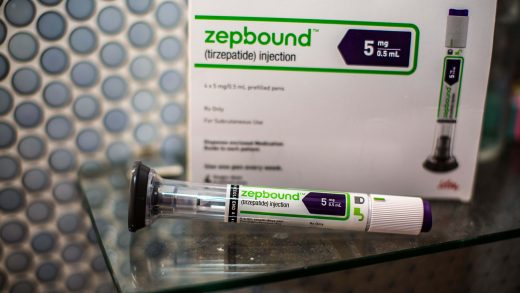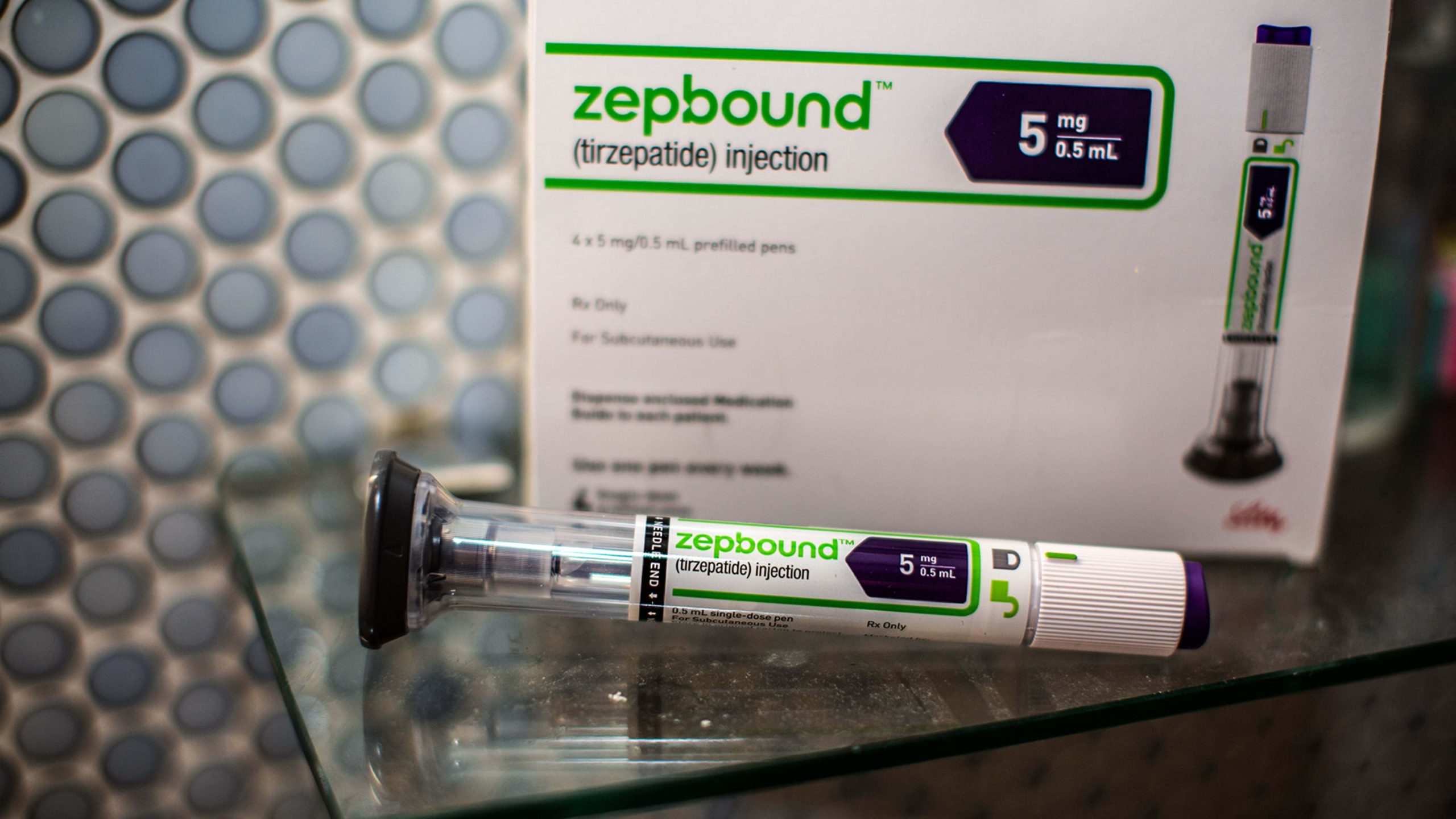Zepbound shortage update: FDA issues ‘limited availability’ warning. When might it end?
Zepbound shortage update: FDA issues ‘limited availability’ warning. When might it end?
According to the FDA, affected doses of Eli Lilly’s popular weight loss drug are expected to see limited availability until the end of April.
In response to a surge in demand, Zepbound, the weight loss drug manufactured by Eli Lilly, is facing a shortage of certain doses in the United States, as highlighted in a recent warning issued by the Food and Drug Administration (FDA).
“For the near term, we are going to be in this limited availability, which may cause delays across some of the doses for both Mounjaro and Zepbound,” Rhonda Pacheco, Lilly’s group vice president for diabetes and obesity, told NBC News. “We are working so hard every day to make sure that we increase that capacity as fast as we can to get these medications in patients’ hands.”
In a statement to Fast Company, an Eli Lilly spokesperson said: “We recognize this situation may cause a disruption in peoples’ treatment regimens and are working with purpose and urgency to help meet the surge in demand. As a medicine company, we know that our medicines help people live healthier lives and we take this situation very seriously.”
Then added: “While we anticipate limited availability in the near term, we expect our investments in manufacturing and supply capacity to progressively increase production of our medicines throughout 2024 and beyond. You can find updates on the supply status of these medicines on our dedicated supply website.”
Which doses are affected?
The shortage primarily affects two of the six approved doses of injectable Zepbound: the 5 mg and 12.5 mg variants. According to the FDA, limited availability of these doses is expected to persist until the end of April, attributing the scarcity to the heightened demand for the drug.
The remaining four doses—2.5 mg, 7.5 mg, 10 mg, and 15 mg—are currently unaffected by availability issues, ensuring continued access for consumers seeking the medication.
Zepbound is designed to aid weight loss by curbing appetite and reducing food intake, and recently showed promise in combatting sleep apnea. The medication addresses the needs of individuals grappling with obesity or overweight conditions, particularly those facing weight-related health complications such as type 2 diabetes and hypertension.
A brand name for the drug tirzepatide, previously marketed by Eli Lilly as Mounjaro—a weekly injection for diabetes management—Zepbound earned FDA approval last year as a weight loss treatment, joining other pharmaceutical options like Ozempic and Wegovy. While initially devised for diabetes management, these drugs have increasingly found use in combatting obesity.
Clinical trials conducted prior to Zepbound’s FDA approval showcased a significant weight loss of 22.5% among participants, affirming its efficacy.
Adding to its appeal, a recent study published in the American Heart Association’s journal Hypertension revealed that overweight patients administered tirzepatide experienced notable reductions in blood pressure, suggesting potential dual benefits for individuals using Zepbound. The current shortage underscores the growing demand for effective weight loss solutions and emphasizes the need for pharmaceutical companies and regulatory bodies to address supply-chain challenges
ABOUT THE AUTHOR
(17)



